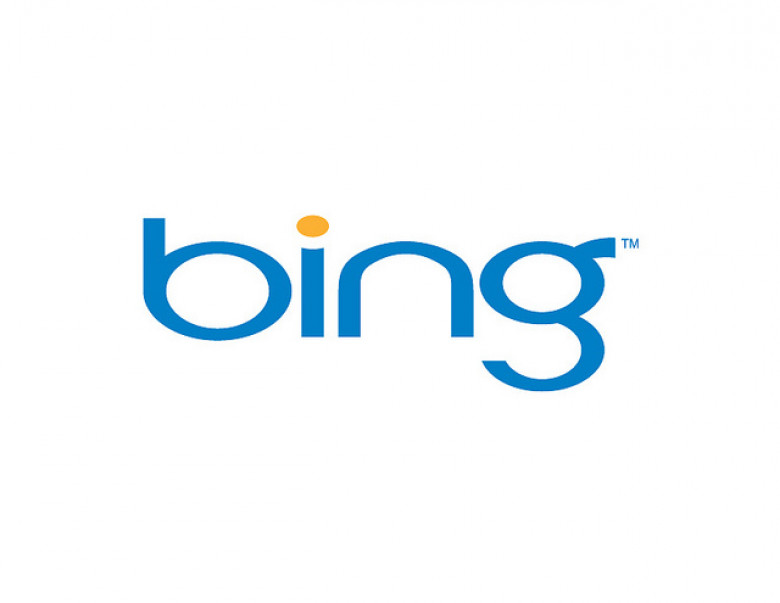Why Microsoft Can't - and Shouldn't - Give Up on Bing
In two years, Microsoft’s Bing has doubled its share of the U.S. search market, from 7.2 percent to 14.4 percent. If you add Yahoo’s Bing-powered portal, it’s 27 percent. So why are loud voices clamoring for Microsoft to give up on search?
Bing’s Online Services Division doesn’t make money. Shortly after Microsoft released its quarterly earnings results, ZDNet’s Larry Dignan called the OSD an “online sinkhole,” noting that the division last turned a profit in 2006 and had lost $8.5 billion over nine years. Last year, it lost a record $2.56 billion.
Reuters columnist Robert Cyran’s “Microsoft ought to kick off search for Bing buyer” turned up the heat, particularly when it was syndicated the following week in the New York Times under the headline “Bing Becomes A Costly Distraction for Microsoft.” Cyran’s argument is sophisticated: it recognizes the value that Microsoft has built up in Bing (and corresponding value to a buyer like Facebook or Apple). Still, Cyran thinks Microsoft’s continued investment in an unprofitable division doesn’t serve the company’s shareholders. Facebook’s investors — a group that includes Microsoft — would presumably be better suited for the long play that Bing represents than Microsoft’s quasi-blue-chip, profit-maximizing, dividend-minded shareholders.










































































